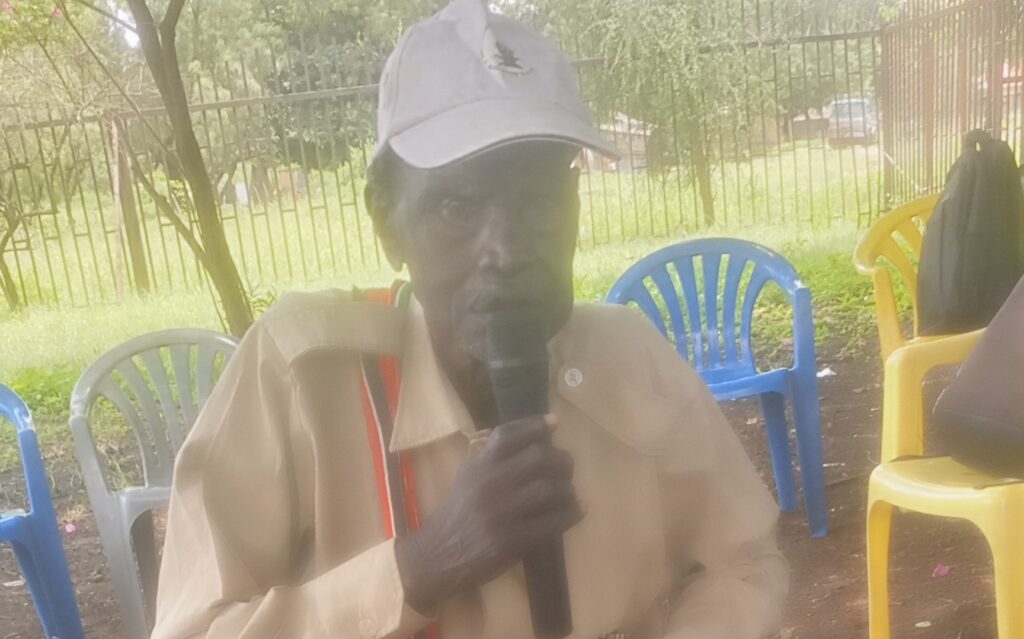Remnants of the Torit mutiny and the Anyanya 1 rebellion in Eastern Equatoria State, want a General Election to fulfil their dreams of having a free country for all citizens.
On August 18, 1955, the Torit-based soldiers rebelled against the regime in Khartoum, marking the beginning of the first civil war in Sudan, also known as the Anyanya Rebellion or Anyanya I. Anyanya, in the Madi language, means snake venom.
The Anyanya remnants were now warning the leaders against prioritizing their party interests instead of the welfare of the citizens. The trend, they reckon, had occasioned the complete loss of vision for South Sudan.
Alex Locor, 69, expresses his readiness to participate in the upcoming election, as the only solution to the country’s mess.
He appeals with the competing parties to respect the rights of the citizens to a free and fair election, devoid of intimidation or rigging.
“All over the world, if you want to have a change for the better, you go for elections, and South Sudan is no exception,” he said.
“I am ready for election but the election has to be conducted in a fair way, devoid of rigging or intimidation.”
Locor says the Anyanya vision was to liberate the South Sudanese from the Arab oppression, a vision he says was long lost.
Paul Langar, who joined the Anyanya Movement in 1965 in the current Chukudum of Budi County, aged 16, also supports the elections to be conducted as stipulated.
Langar says the South Sudanese leaders were to blame for the hardship the citizens were experiencing.
“People have been suffering from 2010. There have never been any elections, but a lot of murmuring because the government is overbearing. The election must go ahead because the people are tired,” he explains.
Langar stresses that all the parties should facilitate the return of those who fled into exile to participate in the election.
Amedeo Atari, 79, who lives at Hai Longute in Torit town, urges President Salva Kiir to bring all the holdout groups to a common understanding.
He warns the citizens against making choices based on party or individual interests.
“Choose wisely the leaders who offer services,” he says,
Atari decries the harm caused by the persistent conflict, noting that, if there was peace, veterans like him would be enjoying a life of pension.
A 2018 peace agreement paved the way for a transitional coalition government and laid out a roadmap for general elections in South Sudan.
But in August 2022, South Sudan’s parties agreed to extend the transitional period for another 24 months to February 2025, and elections have been tentatively set for December 22 this year.
However, key provisions of the deal, including the creation of a permanent constitution and the unification of armed forces, remain unfulfilled.
South Sudan has struggled to recover from the 2013-2018 conflict that killed 400,000 people and drove millions from their homes, and it is still plagued by intercommunal violence.




